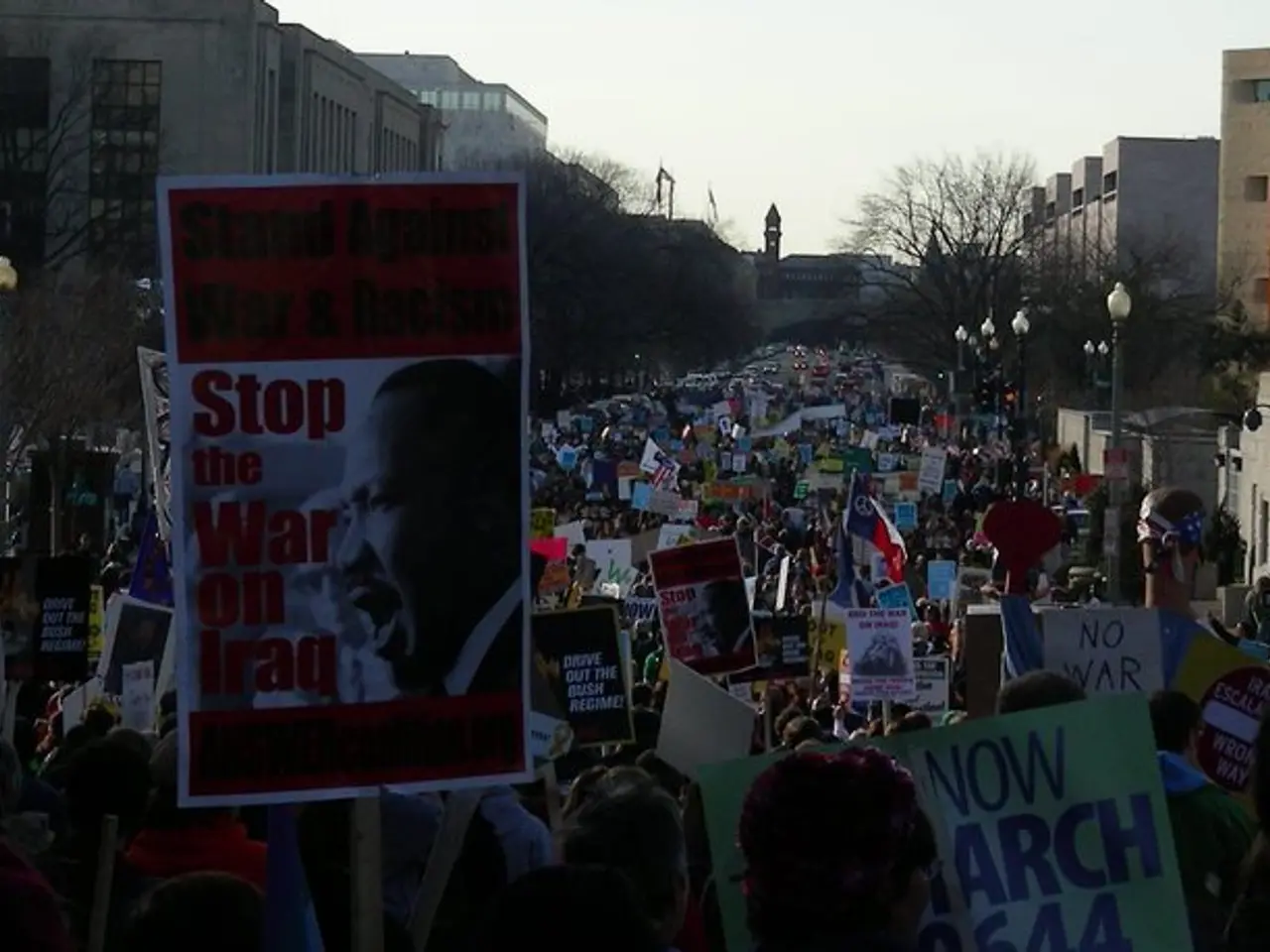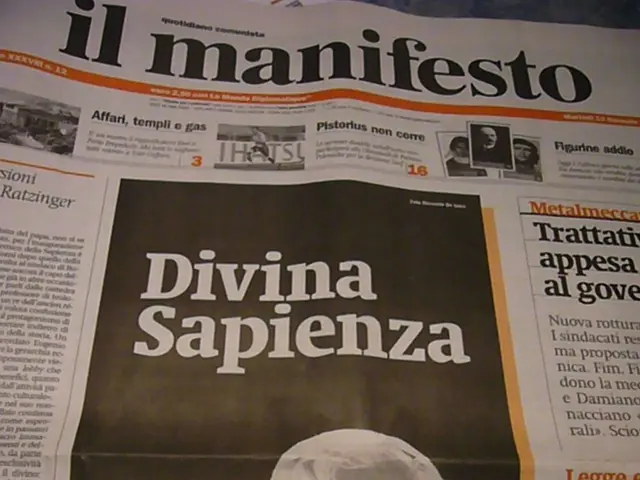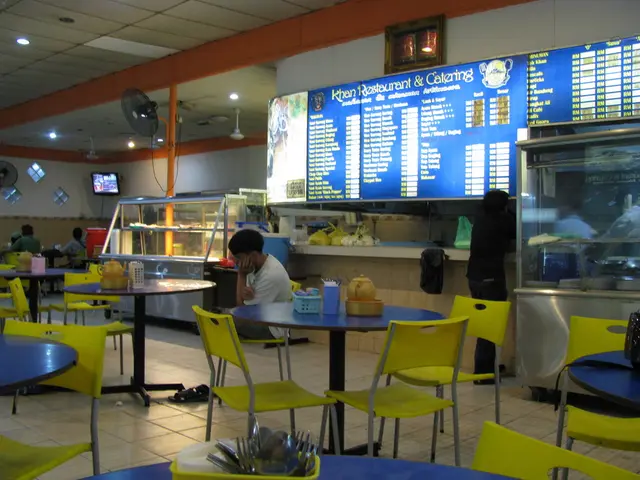Social media restrictions lifted in Nepal following mass demonstrations led by Gen Z population
In a significant development, the Nepalese government has lifted its ban on 26 social media platforms, following violent protests that left at least 19 people dead and over 100 injured. The ban, imposed on September 4, affected platforms such as Facebook, Instagram, WhatsApp, YouTube, and X.
The unrest in Nepal was primarily led by young Nepalis demanding digital freedom, accountability, transparency, and economic reforms. The demonstrations were driven by deeper frustrations among the youth regarding corruption, limited job opportunities, and governance issues.
The lifting of the ban was confirmed by Communications Minister Prithvi Subba Gurung, who is also a key figure in the protests, having led the overthrow of the government on September 4. Gurung, a former DJ, was instrumental in allowing access to the social media platforms after the violent protests.
The UN has expressed concern over the events in Nepal, with the Office of the United Nations High Commissioner for Human Rights (OHCHR) stating shock over the killing and injury of protestors. Spokesperson Ravina Shamdasani urged the authorities to respect and ensure the rights of peaceful assembly and freedom of expression.
The UN also called for a reconsideration of social media regulations to ensure they align with Nepal's human rights obligations. The UN emphasized that Nepal enjoys a lively democracy and active civic space, and dialogue is the best means to address young people's concerns.
In response to the unrest, Prime Minister K.P. Sharma Oli expressed sorrow over the loss of lives and announced relief payments for the families of the deceased as well as free medical treatment for the injured. An inquiry panel has been set up to investigate the causes of the unrest and recommend preventive measures.
The Home Minister, Ramesh Lekhak, resigned due to the mishandling of the protests. All security forces in Nepal must comply with the basic principles on the use of force and firearms by law enforcement officials.
The Nepalese government's handling of the protests and the subsequent social media ban has been met with criticism from rights groups and media organizations. They argue that the ban poses a dangerous precedent for freedom of expression in Nepal.
The unrest in Nepal underscores the importance of dialogue as a means to address young people's concerns and maintain freedom of expression. As the situation unfolds, the Nepalese government and its citizens are reminded of the power of digital connectivity and the need for open and transparent communication.
Read also:
- Understanding Hemorrhagic Gastroenteritis: Key Facts
- Stopping Osteoporosis Treatment: Timeline Considerations
- Expanded Community Health Involvement by CK Birla Hospitals, Jaipur, Maintained Through Consistent Outreach Programs Across Rajasthan
- Reducing Anxiety Through Nutrition: Edibles That Soothe the Mind







